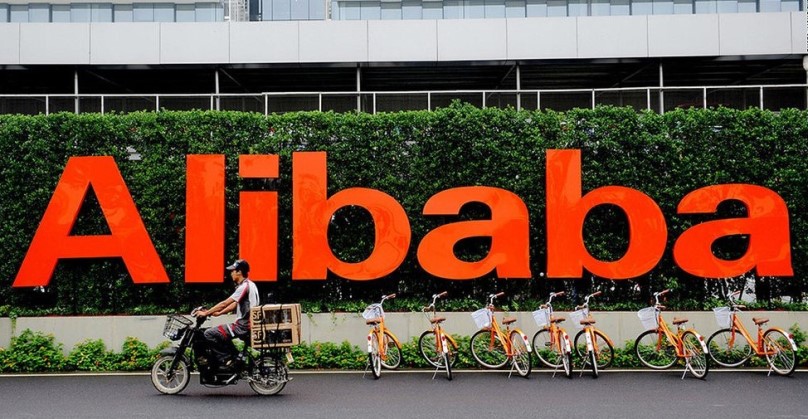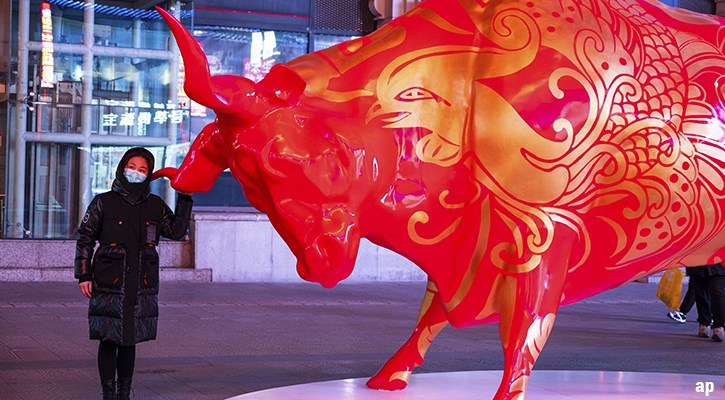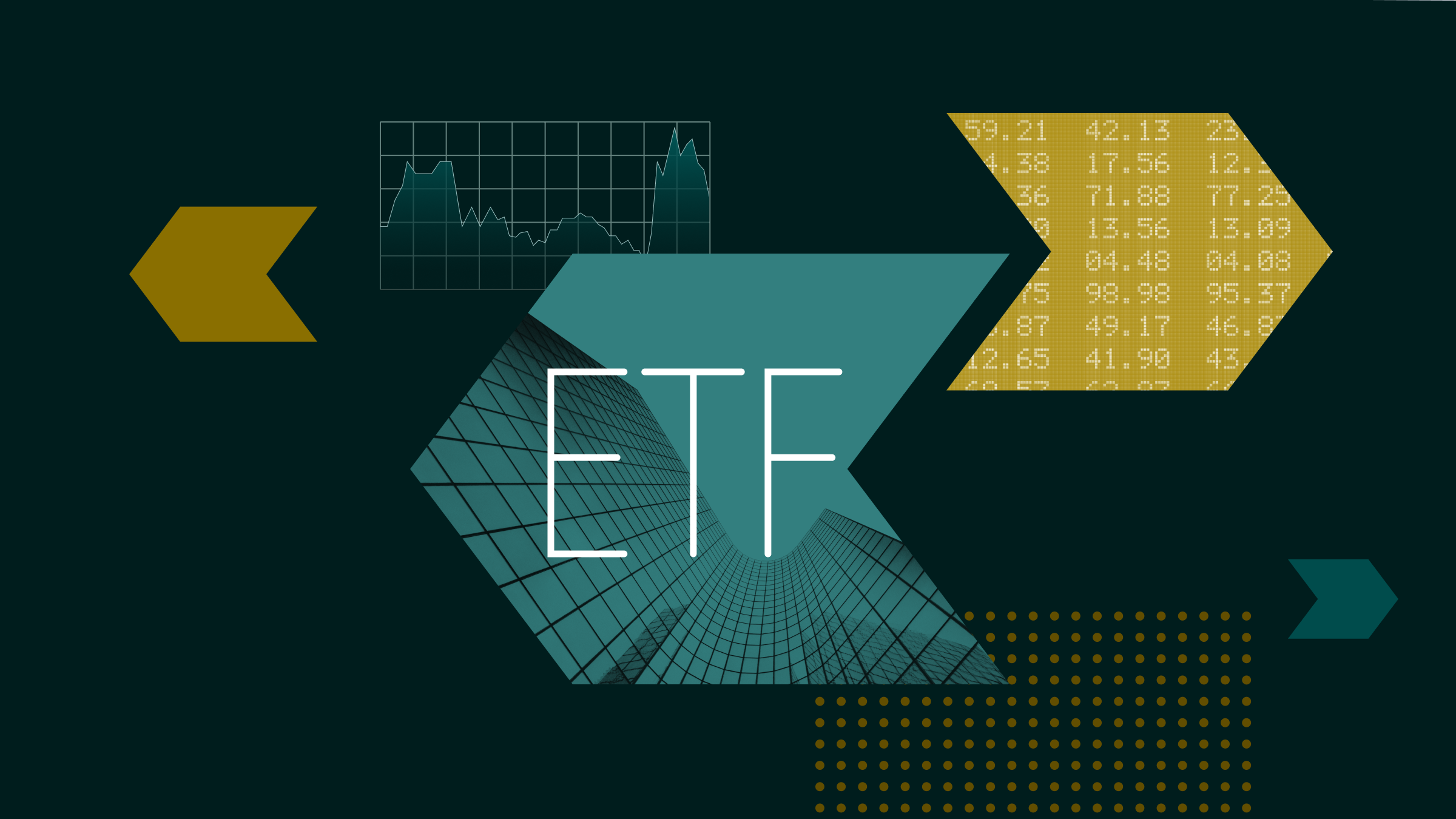
Alibaba (BABA) released its September-quarter earnings report on November 16. Here’s Morningstar’s take on Alibaba’s earnings and stock
We are surprised that Alibaba will no longer fully spin off the Cloud Intelligence Group, and we see larger uncertainty around the size and timeline of capital returns to shareholders.
Alibaba has deemphasised the importance of gross merchandise volume, or GMV, which leads us to think the firm is not confident about its future GMV growth.
Management said the United States’ recent export ban to China – which we think is about Nvidia’s NVDA pared-down H800 and A800 chips – led to the halt of the cloud unit’s spinoff. However, we think Alibaba would already have factored such bans into its decision-making. We think the move may have come because a change of CEO for the cloud unit led to a review of future strategy.
A possible concern could be that the cloud unit requires consistent and sizable investment to stay ahead of the game, and it may have more difficulty finding financing as an independent company. We think there will be more clarity around the corporate strategy for the cloud unit when its CEO is finalised.
Having the business units be responsible for their own profits and losses will help the company’s margin.
Alibaba was 4% above the Refinitiv consensus estimate in adjusted EBITA and 7% below consensus in net profit.
Alibaba Share Price
Source: Morningstar Direct, November 20, 2023
Key Morningstar Metrics for Alibaba
• Fair Value Estimate: $128.00
• Morningstar Rating: 4 stars
• Morningstar Economic Moat Rating: Wide
• Morningstar Uncertainty Rating: High
Fair Value Estimate for Alibaba
With its 4-star rating, we believe Alibaba’s stock is undervalued compared with our long-term fair value estimate of $128.
Alibaba’s ratio of China retail marketplace GMV to retail sales of consumer goods reduced for the first time in a year – down 100 basis points from our estimate in 2022 to 17%. We expect it to go to 13% in a decade. By our estimate, the ratio of GMV to online sales of physical goods will halve from 62% in the year ended March 2023 to 31% a decade later.
Considering the intense competition to acquire merchants and a potential shift toward recruiting more small and white-label merchants, we assume monetisation of the China retail marketplace to decline from 3.8% in the year ended March 2023 to 2.8% at the end of the coming decade, versus our previous expectation that it would stay flattish.
Read more about Alibaba’s fair value estimate
Economic Moat Rating
Despite increasing competition, Alibaba earns a wide economic moat based on its strong network effect. The platform becomes more valuable to both customers and sellers as its total number of users rises.
Alibaba is monetising its network effect better than any other e-commerce platform in China. None of its new competitors – mainly third-party e-commerce platforms Pinduoduo and short video platforms Douyin and Kuaishou – have proved they can monetise the physical goods e-commerce market with a durable profit margin. Meanwhile, Alibaba has been profitable for a decade, and we believe it will remain profitable for the next 20 years.
In addition, we think the livestreaming e-commerce that Kuaishou and Douyin offer is a supplement and not a replacement for mainstream e-commerce platforms. Livestreaming e-commerce tends to satisfy impulsive purchases instead of planned or urgent ones.
Even if these new competitors are successful at generating long-term durable profit, we still see Alibaba’s position as irreplaceable due to its consumer mind share, vast range of stock-keeping units, logistics infrastructure, operational expertise (governance of products and merchants, protection of consumers), and tools for merchants to manage full product lifecycles.
Alibaba is the largest e-commerce platform that provides predictability in sales and production volume to its merchants, which leads to predictable production costs. It has reported over 90% retention for its core annual active consumers who are 25-44 years old and contributed 70% of GMV for the year ended September 2021, despite the competition. Core annual active users on Alibaba’s China retail marketplaces had a retention rate of over 90% for the year ended September 2021.
Read more about Alibaba’s moat rating
Risk and Uncertainty
We assign Alibaba a High Morningstar Uncertainty Rating. China’s e-commerce landscape has become increasingly competitive, with Pinduoduo registering faster GMV and user growth than Alibaba and JD.com JD demonstrating its quality services amid the COVID-19 pandemic. Short video platforms and Tencent have also entered the e-commerce sector. Pinduoduo’s number of active buyers surpassed Alibaba’s in the year ended December 2020.
The largest material environmental, social, and governance issue for Alibaba is its business ethics regarding anti-competitive measures. It was fined CNY 18.2 billion in April 2021 for forcing merchants to exclusively choose its platform, and it was required to curb its anticompetitive behaviour. Financial regulators in China have continuously scrutinized online financial services, leading to the cancelation of investee Ant Financial’s IPO.
Read more about Alibaba’s risk and uncertainty
BABA Bulls Say
• GMV per annual active user was CNY 8,833 for the year ended March 2022, higher than CNY 3,285 in 2021 for Pinduoduo and CNY 5,905 in 2021 for JD.com;
• Core annual active users on Alibaba’s China retail marketplaces had a retention rate of over 90% for the year ended September 2021;
• Alibaba’s China commerce-adjusted EBITA margin was 32.5%, higher than JD.com’s 3.1% non-GAAP EBIT margin and Pinduoduo’s 12.4% non-GAAP EBIT margin for the 12 months ended December 2021.
BABA Bears Say
• Expansion of other e-commerce players could slow Alibaba’s growth. Pinduoduo’s active buyers started to exceed Alibaba’s in December 2020;
• Expansion into non-physical-goods marketplaces and other regions led to lower margins, and the timing of profitability for these businesses is unknown;
• Any internet company with enough traffic, like Douyin and Tencent, can enter the e-commerce space due to its low barriers to entry. Douyin has gained market share in apparel and beauty against Alibaba.





























